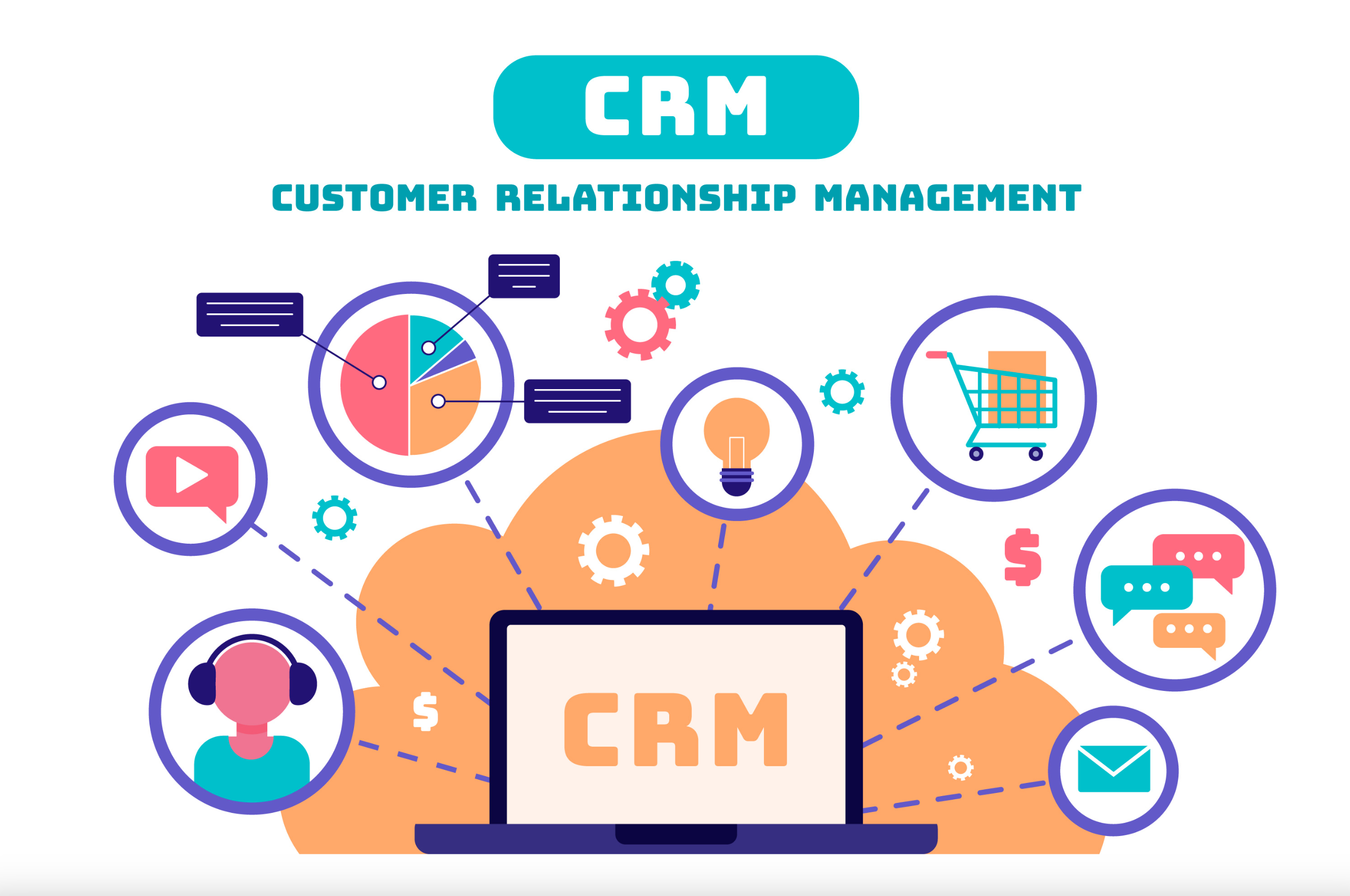CRM Software Systems – In today’s competitive business landscape, Customer Relationship Management (CRM) software has become indispensable for organizations seeking to streamline their operations and enhance customer interactions. CRM systems are designed to manage customer data, track interactions, and improve relationships throughout the customer lifecycle.
Types of CRM Software
On-premise CRM
On-premise CRM solutions involve hosting the software on company-owned servers, providing full control over data and customization but requiring higher upfront costs and maintenance.
Cloud-based CRM
Cloud-based CRM, on the other hand, offers flexibility and scalability with lower initial investments. It allows businesses to access data from anywhere, anytime, making it ideal for remote teams and growing enterprises.
Key Features of CRM Software
CRM software typically includes features such as:
Contact Management
Efficiently organize and manage customer information, including contact details, interactions, and preferences.
Sales Automation
Automate repetitive tasks in the sales process, such as lead scoring, email campaigns, and follow-ups, to increase productivity and focus on closing deals.
Customer Service and Support
Provide timely support through various channels like email, phone, and social media, ensuring customer satisfaction and loyalty.
Benefits of Using CRM Software
Implementing CRM software offers several advantages:
Improved Customer Relationships
By centralizing customer data and interactions, businesses can personalize communication and deliver better service, fostering long-term relationships.
Enhanced Sales Processes
Streamline sales workflows, from lead generation to conversion, by identifying opportunities and prioritizing tasks effectively.
Data-Driven Insights
Gain actionable insights from customer data analytics to make informed business decisions and drive growth strategies.
Choosing the Right CRM Software
Selecting the appropriate CRM software depends on several factors:
Considerations for Small Businesses
Small businesses may prioritize affordability, ease of use, and scalability when choosing CRM solutions tailored to their size and needs.
Considerations for Large Enterprises
Enterprises require robust features, customization options, and integration capabilities to manage complex operations and large volumes of data effectively.
Implementation of CRM Software
Planning Phase
Define goals, assess requirements, and strategize implementation to align CRM deployment with business objectives and user needs.
Execution and Training
Ensure seamless integration, user adoption, and training programs to maximize the benefits of CRM software across departments.
CRM Software Integration
Integration with Existing Systems
Integrate CRM with other business applications like ERP and marketing automation tools to streamline operations and enhance data consistency.
API Capabilities
Utilize CRM software’s API capabilities to facilitate data exchange and communication between different software systems, ensuring seamless workflows.
CRM Software Trends
AI and Machine Learning in CRM
Advancements in AI and machine learning enable predictive analytics, personalized recommendations, and automation of customer interactions, enhancing efficiency and customer satisfaction.
Mobile CRM Solutions
Mobile-friendly CRM applications empower sales teams to access real-time data, collaborate on-the-go, and respond promptly to customer inquiries, driving productivity and agility.
Challenges in CRM Implementation
Data Migration Issues
Ensure smooth transition and data integrity when migrating from legacy systems to CRM platforms, addressing data cleansing and compatibility issues.
User Adoption Challenges
Overcome resistance to change through comprehensive training, user-friendly interfaces, and demonstrating tangible benefits to employees at all levels.
Best Practices for CRM Software Usage
Regular Updates and Maintenance
Stay current with software updates, security patches, and feature enhancements to optimize performance and protect against cyber threats.
User Feedback and Customization
Continuously gather feedback from users to tailor CRM functionalities, workflows, and reports according to evolving business requirements and user preferences.
Case Studies of Successful CRM Implementations
Example 1: Company X
Highlight how Company X improved customer retention by 30% after implementing a cloud-based CRM system, leveraging advanced analytics to personalize marketing campaigns.
Example 2: Company Y
Discuss how Company Y streamlined its sales processes with AI-driven insights from CRM data, resulting in a 25% increase in sales productivity and customer satisfaction.
Future of CRM Software
Conclusion
In conclusion, CRM software systems play a pivotal role in modern business operations by optimizing customer interactions, improving organizational efficiency, and fostering growth. Whether it’s enhancing sales processes, nurturing customer relationships, or harnessing data insights, CRM empowers businesses to stay competitive in dynamic markets.
